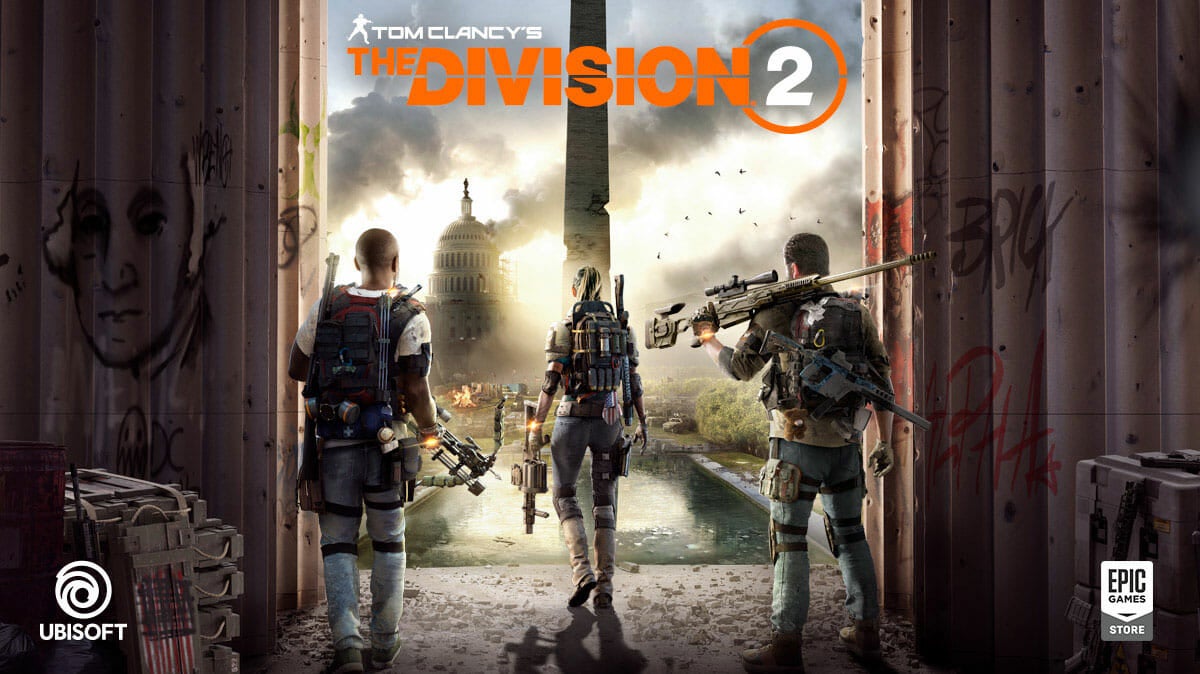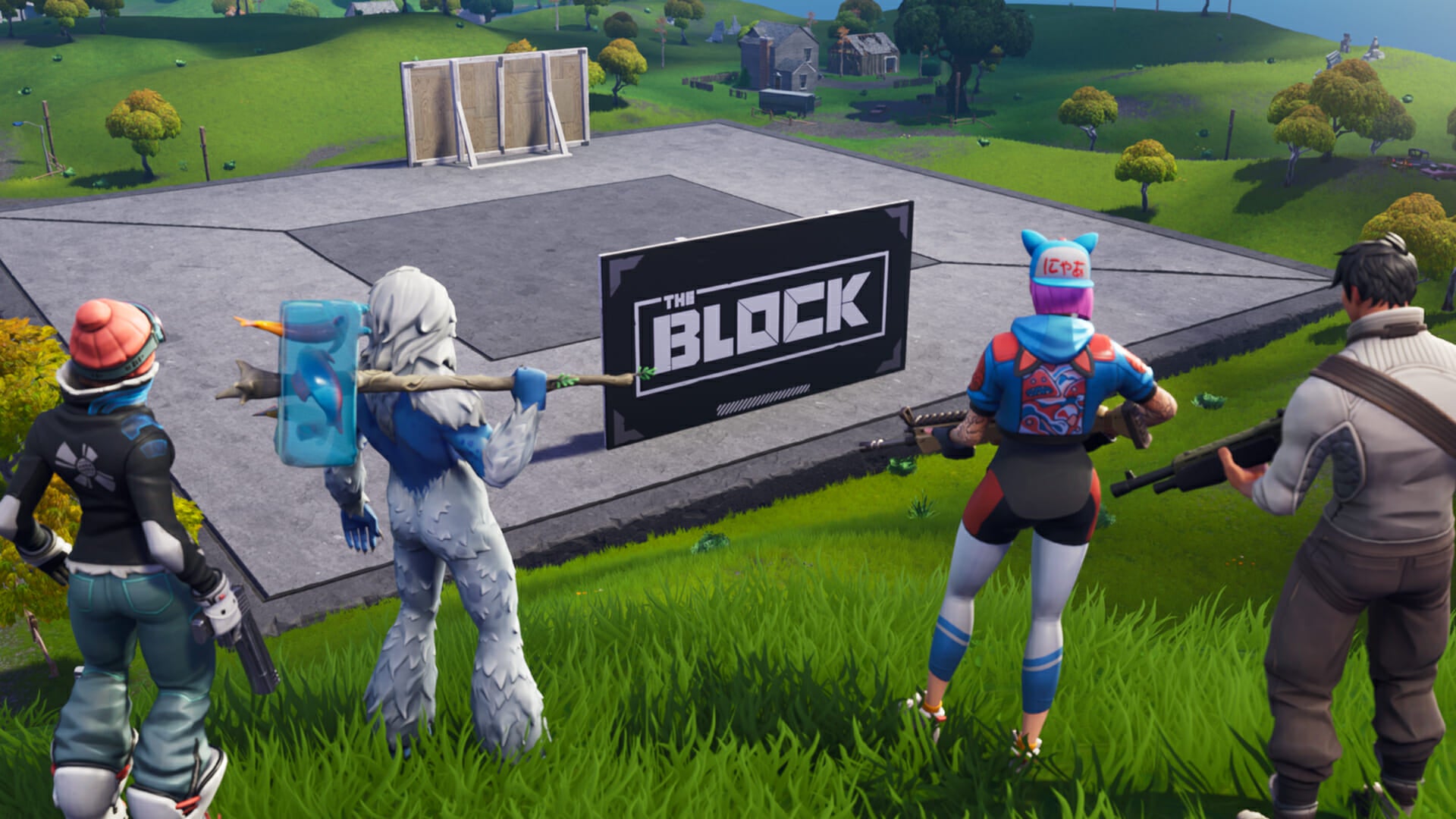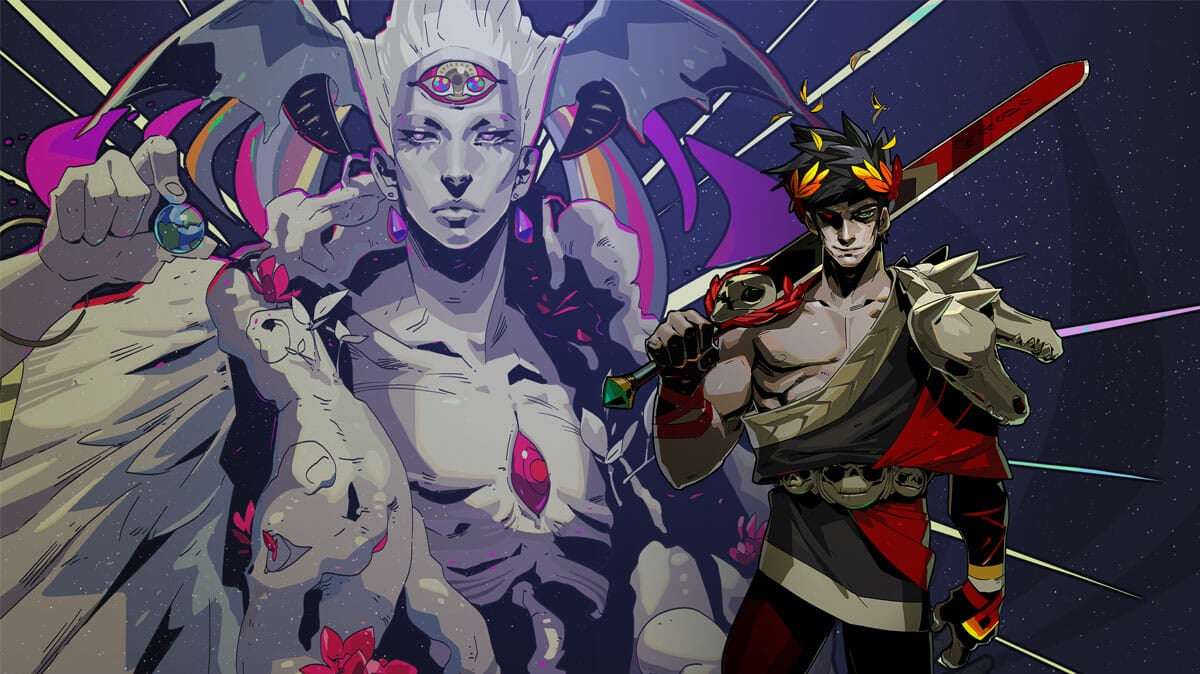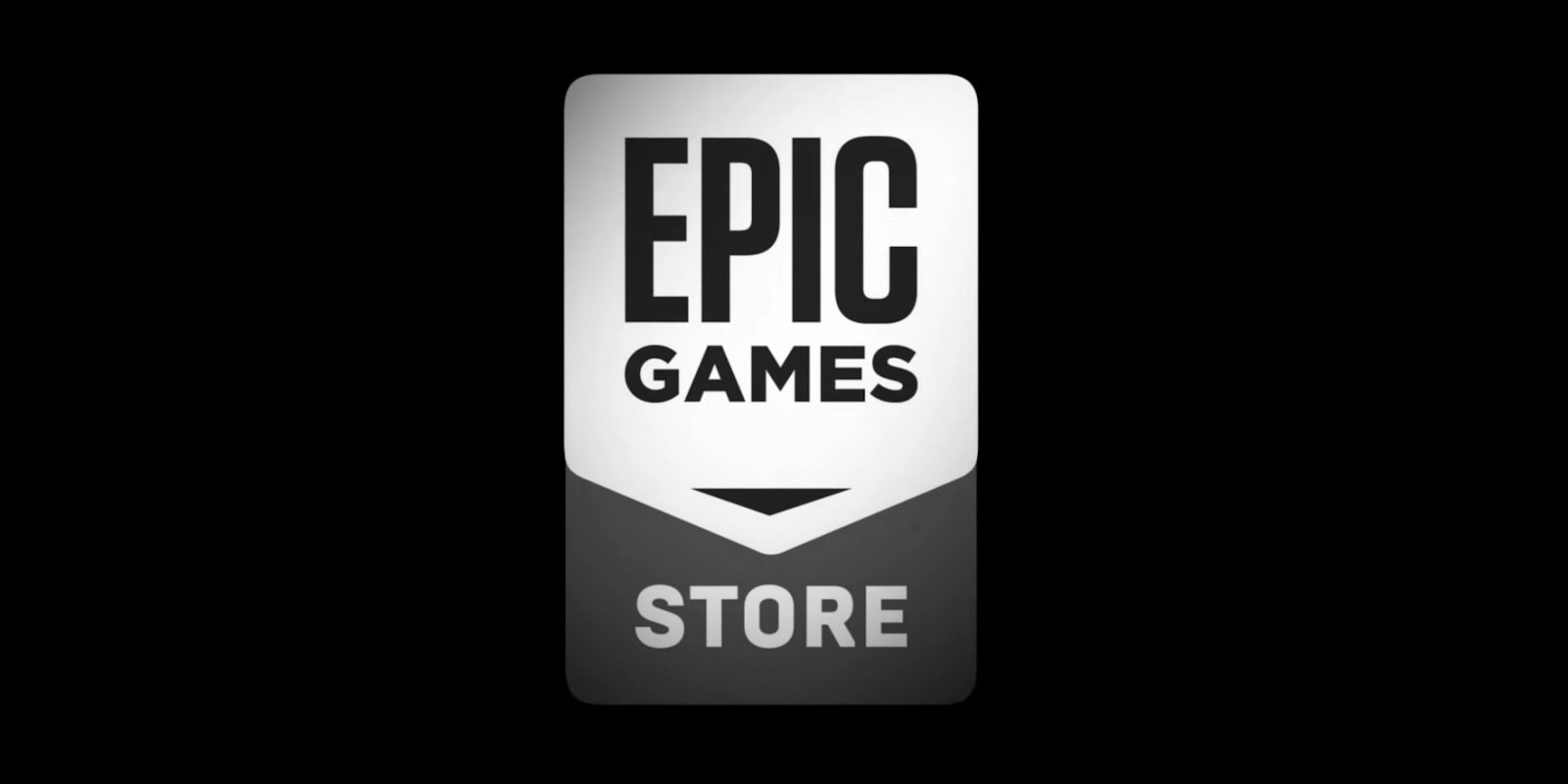For years now, Valve’s Steam has been the one place to get 90 percent of your PC games. Sure, you have Ubisoft’s Uplay launcher, EA Origins, for when you want to boot up Battlefield or The Sims, and GOG.com for the anti-DRM crowd, but Steam still had the stranglehold. That was, until the Epic Games Store came in.
Now, thanks to a string of failures by Steam to address ongoing issues, revenue split disagreements, and the exclusivity of various games (hello, Fortnite and others), the Epic Games Store may be Steam’s first legitimate competition. Below, we break down what sets the Epic Games Store apart and if it’s worth getting invested in this new game launcher.
What is the Epic Games Store?

If Epic Games sounds familiar, that’s probably because it published a little gem called Fortnite, which Daily Dot has written about, oh, a few times here and there. Thanks to Fortnite (and its other successful games), Epic Games has managed to gather enough resources and clout to expand its Epic Games launcher (the thing you launch Fortnite from on your PC) to include more than just the battle royale phenomenon.
READ MORE:
- How to get Fortnite’s free Cuddle Hearts Wrap
- The best Fortnite skins available today
- How to get the Fortnite Prisoner skins
- Fortnite season 8: An Earthquake, Fire King, and more
To download the Epic Games Store launcher, simply go to EpicGames.com/store, click “Get Epic Games” in the top right, and you’ll be prompted to run the installer. It’s free to download, just like Steam and other competitors.
Epic Games Store: What’s available to play?

Besides the obvious choice in Fortnite, the Epic Games Store has done a remarkable job of securing some games that might help drive players to its shores.
Some notable choices include:
- Ubisoft’s The Division 2, exclusively on the Epic Games Store and a huge win for Epic as a company
- Telltale’s—er, well, now Skybound’s—The Walking Dead
- What Remains of Edith Finch, a lovely first-person narrative adventure
- Subnautica, the underwater survival adventure
- Farm and community-building sim My Time at Portia (think Stardew Valley meets Harvest Moon meets Legend of Zelda)
- Jackbox Party Pack
- Hades from the team that brought you Bastion, Pyre, and Transistor (exclusive)
- Donut County
- Darksiders 3
- Ashen
- Gorogoa, the award-winning puzzler
- Hello Neighbor, the YouTube Let’s Play favorite
- Genesis Alpha One, a survival game in the vein of ARK
- Super Meat Boy, the brutal indie favorite
- Super Meat Boy Forever
- Satisfactory from the makers of Goat Simulator
- Outer Wilds (not to be confused with Obsidian’s Outer Worlds)
- Rebel Galaxy Outlaw
- Shadow Complex
- The upcoming World War Z game
- Unreal Tournament
- And Journey, another indie favorite
Epic Games Store: Mod support

Everyone knows that a mod community can be an amazing tool for video games, and the Epic Games Store knows it, too. You’ll find mod support for a ton of games, and it’s all easy to access thanks to a simple browsing system. Mod support includes, but is not limited to, ARK: Survival Evolved, Unreal Tournament, Conan Exiles, Hello Neighbor, and more.
READ MORE:
- 9 Fortnite memes almost as sweet as a Victory Royale
- Is Xbox Game Pass really worth it?
- The 10 best gaming podcasts for every kind of gamer
- The best co-op video games for couples
Epic Games Store: Who made it?

If the name Sergey Galyonkin doesn’t mean anything to you, then maybe his work as the creator of Steam Spy does. Steam Spy uses publicly available data to show how each game on Steam stacks up in terms of ownership, active users, and more. This information, while not a 100 percent clear picture of the competition, has provided Steam users with info about how popular various games are getting.
Galyonkin is also helping create the Epic Games Store, a move some have called controversial for his role in spreading the “indiepocalypse” business theory. Back in 2015, there were a ton of indie games (of all kinds of quality) appearing on Steam. Galyonkin used his platform as a sales data specialist to theorize that the indie game market would crumble under its own weight. In theory, this would bring us back to an age of AAA developer domination. That might do something to scare off indie developers who could provide the backbone of Epic’s service, at least early on.
How does Epic Games treat developers?

The real factor that got everyone’s attention when Epic announced its own platform was that developers would be receiving a much larger revenue cut every time they sell a game.
Here’s how it breaks down.
Epic Games Store: 88 percent to the developer/publisher and 12 percent to Epic, no matter how many copies are sold.
Steam: 70 percent cut to the developer/publisher and 30 percent to Valve, Steam’s owner.
Valve recently announced it would take a smaller cut once a game reached a certain sales threshold. If a game makes $10 million in revenue, sales beyond that are subjected to a 75/25 revenue split. At $50 million, this becomes 80/20. This policy has been criticized as favoring only the largest developers and publishers who crank out the year’s most well-regarded AAA releases.
Is Epic Games Store worth downloading?

Right now, downloading the Epic Games Store comes down to which games you want to play and how you want to support the people making them. With something like The Division 2, you’re locked into Epic, but for most major releases this year, Steam will still probably take the lead. That said, it’s hard to ignore that developers will see more reward under Epic’s umbrella. Only time will tell how well Epic curates its 2019 offerings and whether it can put a significant dent in Steam’s armor.


